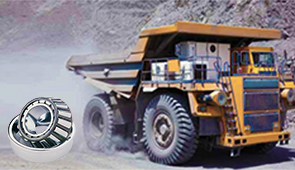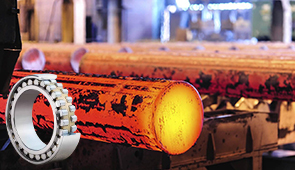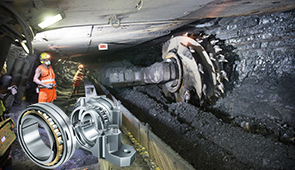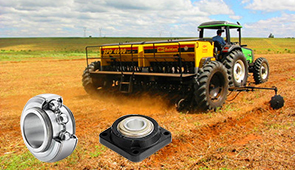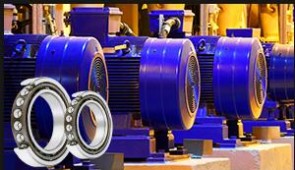TAPERED ROLLER BEARING SETTING
Tapered roller bearings can be set at initial machine assembly to any desired axial or radial clearance.Tapered roller bearings do not require tight control of shaft or housing fits to obtain setting. Tapered roller bearings are mounted in pairs, Tapered roller bearings setting is primarily dependent upon the axial location of one bearing row relative to the opposite row.
Manual methods:
Manual methods are frequently used to set tapered roller bearing on a variety of equipment with low to moderate volume production requirements whereby a non- exact, primarily end play, setting range variation is acceptable. No special tooling, gauges, charts or fixtures are typically required, but assembler’s skill and judgment are necessary.
Automated setting:
Large equipment or high production tapered roller bearing applications, manual setting may be too troublesome, of inappropriate accuracy and reliability, or too time consuming. The GBDS Company has devised preset bearing assemblies and automated setting techniques as alternatives to manual setting.
To determine a suggested ambient bearing setting for a specific application, contact a GBDS sales engineer or representative.
TAPERED ROLLER BEARING SETTING METHODS
| SETTING METHOD | |||||||
| Requirements | Manual | Preset assembly | Set-Right | Acro-Set | Projecta-Set | Torque-Set | Clamp-Set |
| Mounted bearing setting range, in. (Typical Min to Max) | 0.004 - 0.010 | 0.006 - 0.012 | 0.008 - 0.014 | 0.004 - | 0.002 - 0.004 | 0.005 - 0.007 | 0.003- 0.005 |
| (probable) | 0.006 | ||||||
| End play or preload | End play or preload | End play or preload | End play or preload | End play or preload | |||
| Mounted setting region | End play | End play | |||||
| Loose fitted member for adjustment? | |||||||
| No | No | No | Yes | No | No | Yes | |
| Yes Gauge spring | |||||||
| Apply set-up load? | Yes | No | No | Yes (constant) | Yes | Yes (constant) | |
| Special gauges, | Yes Special gauge | Yes Rolling torque | Yes Compensating ring | ||||
| fixtures; components? | No | No | No | No | & LVDT* | gauge | |
| Special bearing codes or assemblies? | Yes “Matched” assembly | Yes Codes & spacers | |||||
| No | No | No | No | No | |||
| Pretesting needed to develop method? | |||||||
| No | No | Yes (limited) | Yes | Yes | Yes | Yes | |
| Low to Moderate | Moderate to High | Moderate to High | |||||
| Typical production volume | Low to High | Low to High | Low to High | Low to High | |||
| Assembler skill or training level | Low-Med Chart reading | Low LVDT reading | Low-Med Chart/ gauge reading | ||||
| High | Low | Low | Low | ||||
| Yes constant size | |||||||
| Shim pack applied? | Yes | No | No | Yes | Yes | Yes | |
| No (LVDT) | No (brg torque) | ||||||
| Shim gap measurement | Yes | No | No | Yes | No | ||
| Possible use of wider bearing system mounting tolerances? | No Control fit tolerances | No Need tighter tolerances | |||||
| Yes | Yes | Yes | Yes | Yes | |||
| Bearing rotation or oscillation? | |||||||
| Yes | No | No | Yes | Yes | Yes | Yes | |
| Yes (with service manual) | Yes (with manual and new brgs) | ||||||
| Applicable for field service? | Yes | Yes | Yes | No | Yes | ||
| Readily applicable to large, heavy units? | |||||||
| No | Yes | Yes | Yes | No | No | No | |










